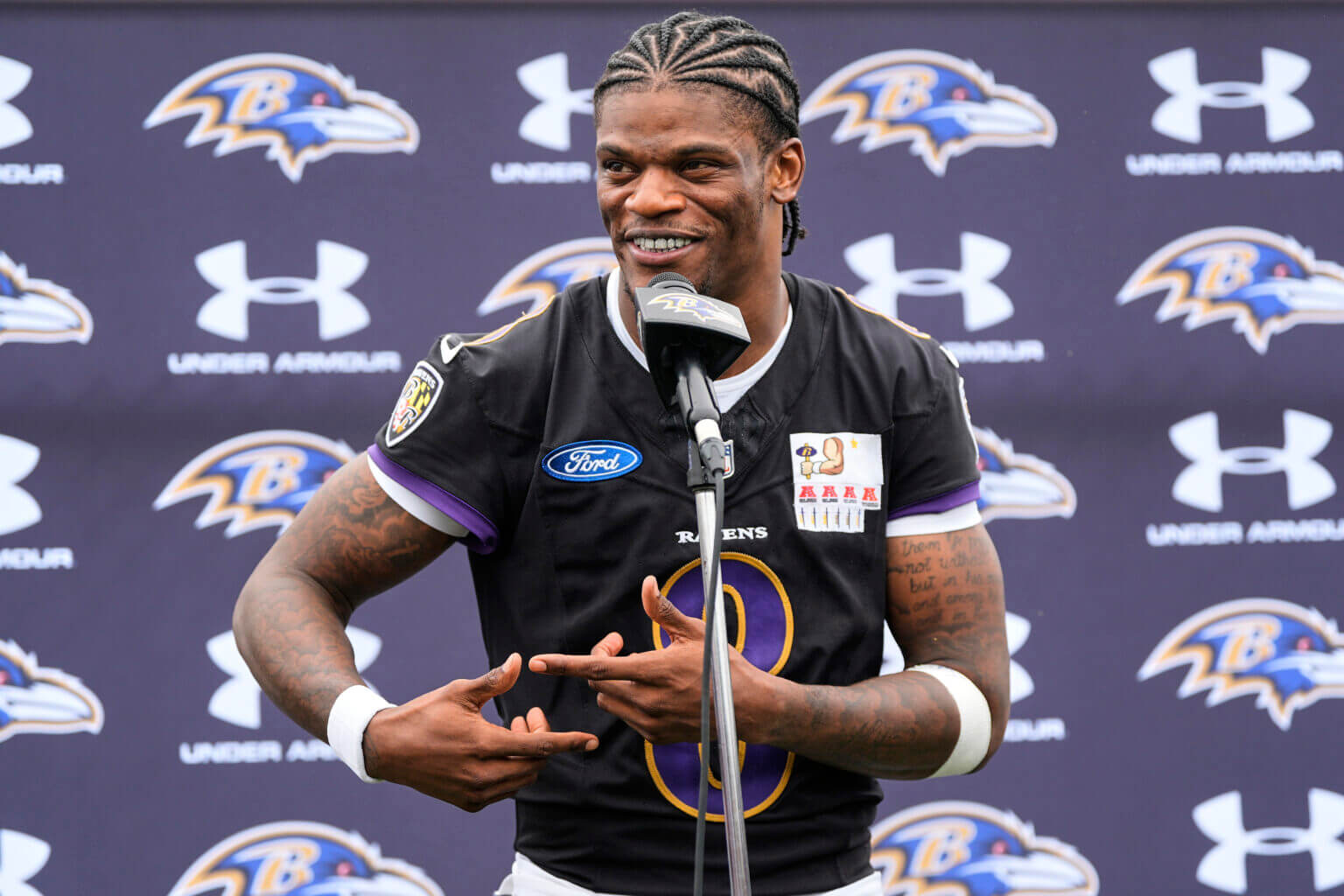Arbitrator Dismisses NFLPA’s Collusion Lawsuit Over Guaranteed Contracts
In a significant legal development, a neutral arbitrator has dismissed a 2022 lawsuit filed by the NFL Players Association (NFLPA) that accused the NFL and its teams of colluding to prevent certain veteran quarterbacks from securing fully guaranteed contracts. The ruling, issued in January by Christopher F. Droney, who oversees disputes related to the league’s collective bargaining agreement (CBA), concluded that there was insufficient evidence to support claims of collusion, despite acknowledging that league management encouraged teams to limit guaranteed money in player contracts.
Details of the Ruling and Its Context
The decision, which was not publicly released by either the NFL or the NFLPA, was confirmed through sources familiar with the case after it was obtained and shared via the podcast “Pablo Torre Finds Out.” Droney clarified that, although the NFL Management Council advised clubs during their March 2022 annual meeting to consider reducing guarantees in future contracts, there was no evidence that teams collectively conspired to do so. “While the NFL Management Council encouraged the 32 NFL clubs to limit guarantees in upcoming contracts at the 2022 owners’ meeting, there is no proof that the clubs engaged in a collusive agreement or acted in concert regarding the three quarterbacks named in the initial arbitration demand or other veteran players,” Droney stated. Consequently, he dismissed the NFLPA’s entire arbitration claim.
Both the NFL and NFLPA declined to comment on the ruling when approached on Tuesday.
Background of the NFLPA’s Allegations
The lawsuit, initiated under the leadership of former NFLPA Executive Director DeMaurice Smith in October 2022, centered on allegations that league and team collusion prevented quarterbacks Russell Wilson, Lamar Jackson, and Kyler Murray from obtaining fully guaranteed contracts. This claim arose in the wake of Deshaun Watson’s landmark five-year, $230 million fully guaranteed deal with the Cleveland Browns, finalized in March 2022 following his trade from the Houston Texans. The case argued that this contract set a new standard that other veteran quarterbacks were unfairly denied, allegedly due to collusive practices.
Key Testimonies and Evidence Examined
Over a ten-day hearing held in New York during July and August 2024, Droney heard testimony from a range of influential figures, including Jackson, Wilson, NFL Commissioner Roger Goodell, Smith, and several team owners such as John Mara (Giants), Jimmy Haslam (Browns), Robert Kraft (Patriots), and Michael Bidwill (Cardinals). Witnesses also included team general managers and other league executives. The proceedings aimed to determine whether any concerted effort existed among teams or league officials to suppress guaranteed contracts for these players.
Legal Framework and Standards
The NFL’s collective bargaining agreement explicitly prohibits collusion between the league and teams regarding player contracts. Violations can lead to severe penalties, including substantial damages and, in extreme cases, the potential termination of the CBA. However, establishing collusion requires concrete proof of an improper conspiracy, not merely the absence of negotiations or offers to players. The burden of proof is high, and the league’s rules specify that a team’s decision not to negotiate does not automatically imply collusion.
Claims and Investigations
The NFLPA’s October 2022 arbitration claim alleged that a senior NFL executive had asked team owner Robert Kraft in August 2022 to discourage other owners from offering fully guaranteed contracts similar to Watson’s. Smith testified that he discussed Watson’s guaranteed deal with Kraft, but NFL Commissioner Goodell denied any such conversation, asserting he had no recollection of discussing guaranteed contracts with Kraft or other owners. Kraft also denied engaging in such discussions, and the arbitrator found no evidence that Goodell had requested Kraft to initiate such talks.
League Policies and Contract Trends
During the proceedings, Droney referenced a March 2022 presentation by the NFL management council that addressed salary cap management and highlighted a 42% increase in guaranteed salaries. The presentation included a slide suggesting that teams could “handcuff” themselves financially by overspending on guarantees, but emphasized that each club must make independent decisions regarding their contracts. This indicated that while the league provided guidance, it did not endorse collusive behavior.
Contract Examples and Player Negotiations
In recent years, several high-profile quarterbacks have secured lucrative, heavily guaranteed deals. For instance, Kyler Murray signed a five-year extension worth $230.5 million with the Arizona Cardinals in July 2022, with $160 million guaranteed. Russell Wilson’s extension with the Denver Broncos in September 2022 was valued at $245 million over five years, including $165 million guaranteed. Lamar Jackson’s contract with the Baltimore Ravens in April 2023 was a five-year, $260 million deal with $185 million guaranteed. Notably, Jackson, who negotiated without an agent, initially sought a fully guaranteed contract and even requested a trade during negotiations, but ultimately accepted a deal that fell short of full guarantees.
Additional Insights and Notable Interactions
The arbitration record also revealed that JC Tretter, former NFLPA president, and DeMaurice Smith exchanged messages expressing frustration over Wilson’s non-guaranteed contract with the Broncos. These exchanges underscored ongoing tensions within the player community regarding contract guarantees and the league’s approach to player compensation.
Implications and Future Outlook
The dismissal of the NFLPA’s collusion claim underscores the complexity of proving anti-competitive practices in the NFL’s contractual landscape. While the league’s policies and past statements suggest a cautious approach to guarantees, the recent contracts indicate a trend toward increasing guaranteed money, reflecting players’ growing leverage. As the NFL continues to evolve, ongoing negotiations and legal scrutiny will shape the future of player contracts, potentially leading to new standards for guaranteed compensation in the league.

